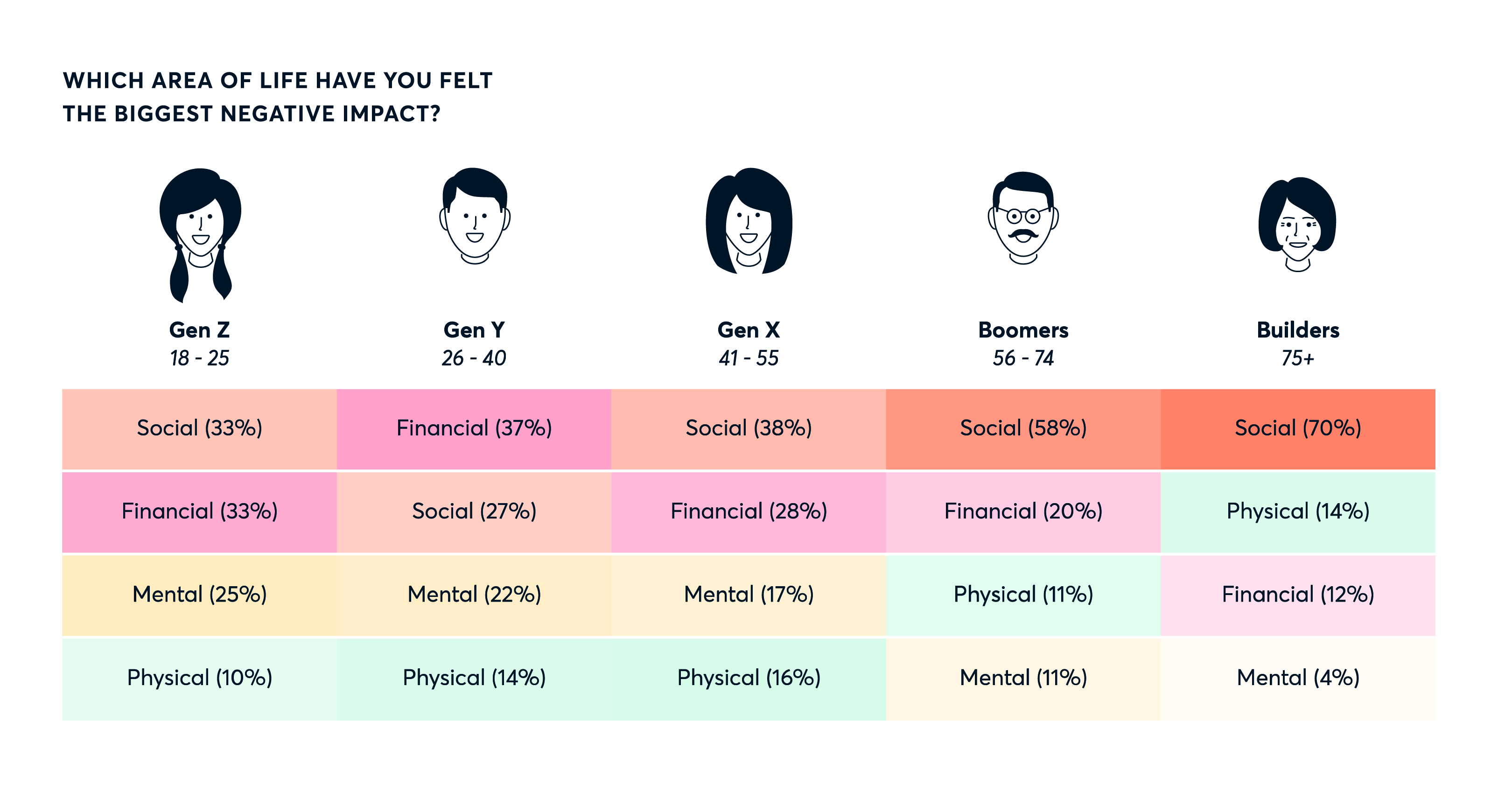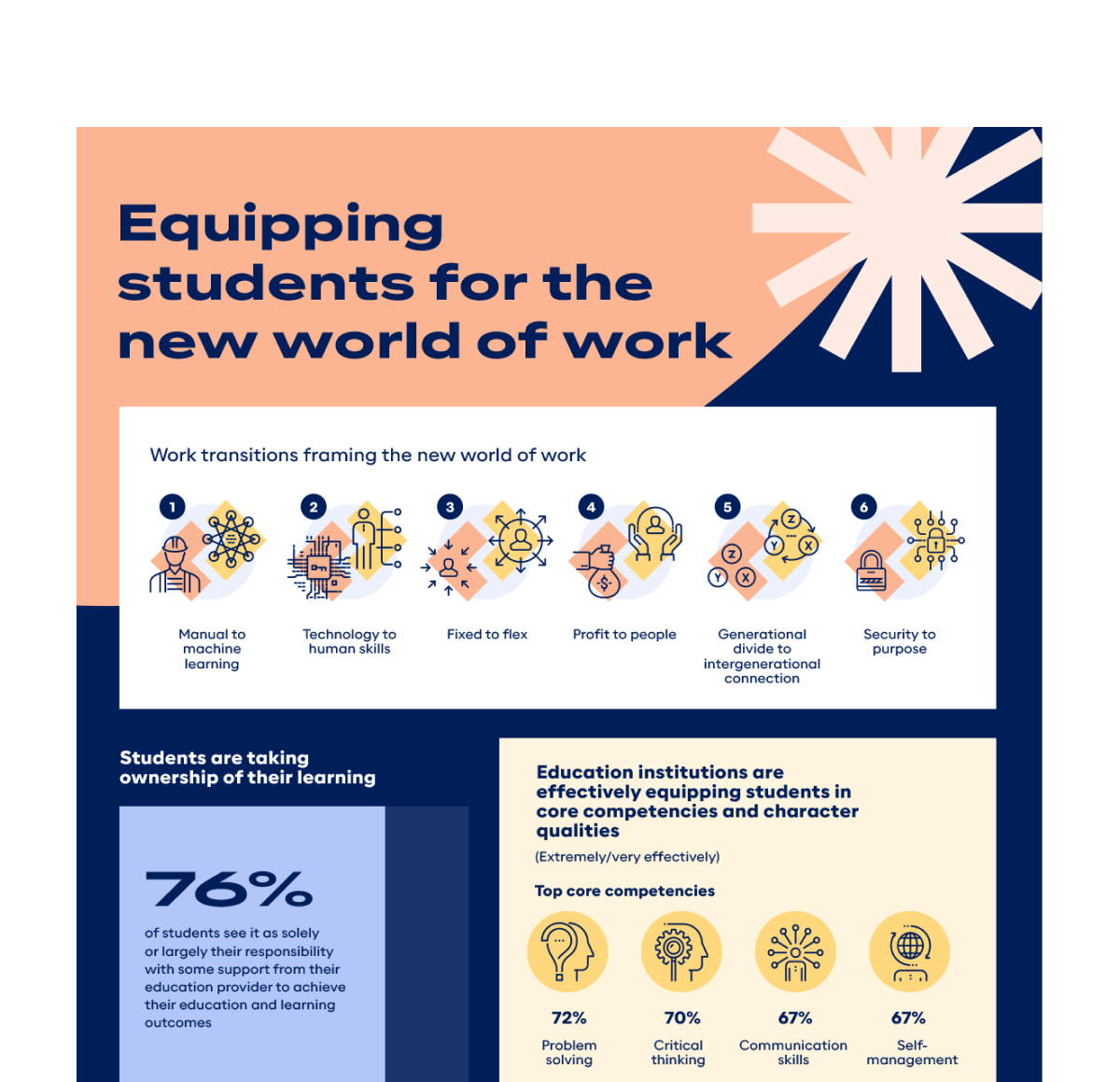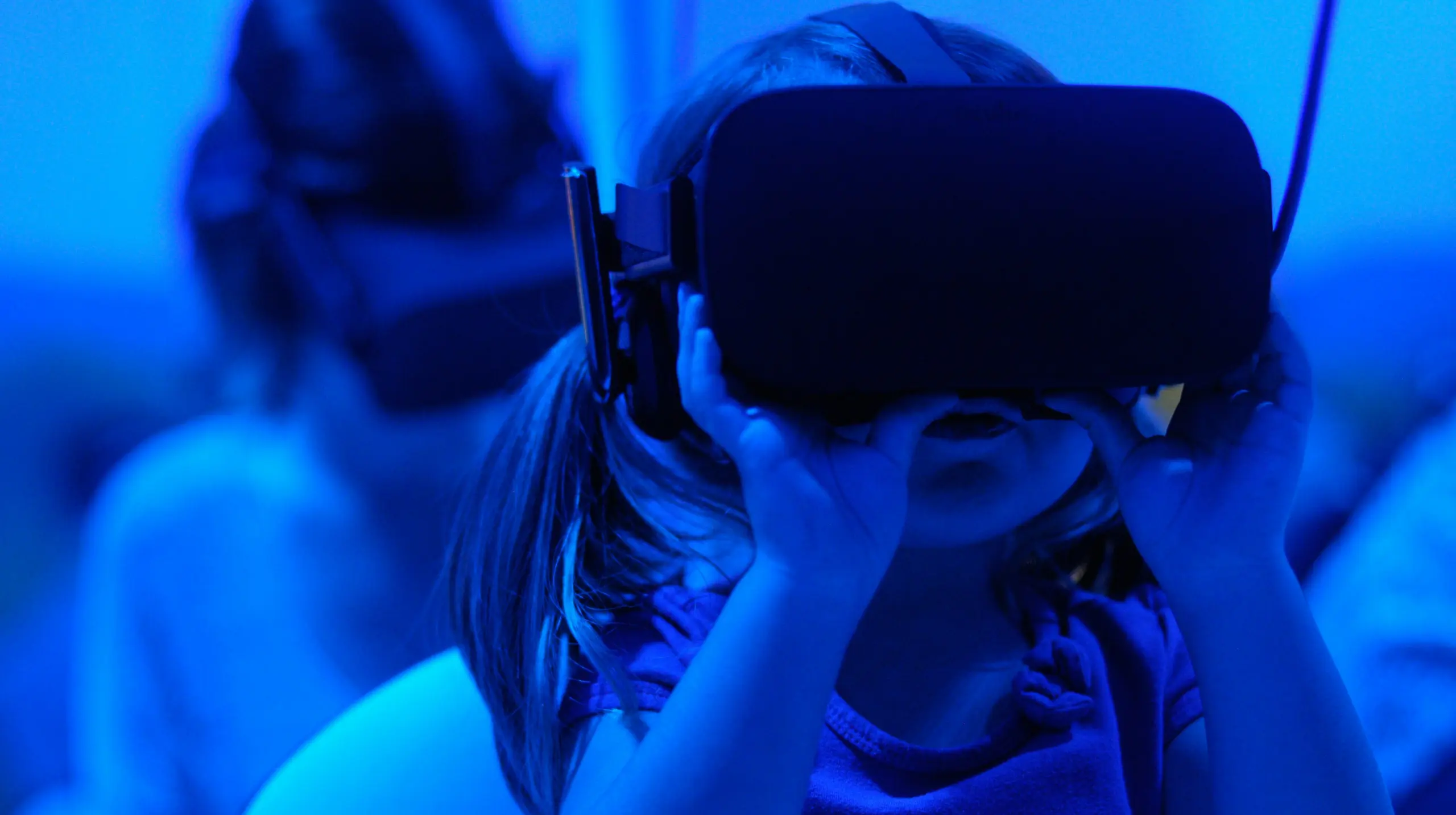Leading and developing Gen Z teachers through crisis

Throughout history there have always defining moments for different generations. For the Baby Boomers it was the Moon Landing. For Generation X it was the Stock Market Crash and for the Millennials it was September 11. For the emerging generations – Generation Z (born 1995-2009) and Generation Alpha (born since 2010) – it might have been Donald Trump’s election or Brexit, until COVID-19 took hold of the world in 2020.
From how we work, to how we shop, engage in community, learn, educate, contribute and lead, COVID-19 and the response is marking a significant societal shift. The impacts of which will be felt even after the virus is kept under control. All of this change is truly unprecedented, especially for the younger generations who have only read about similar responses to a crisis of this scale in history books.
While people of all generations have been impacted by COVID-19, it stands to define those who are coming of age during it. Both the virus itself and the response has already influenced the next generation’s sentiment, behaviour and lifestyle, with half of Generation Z (48%) saying the COVID-19 impact has had a substantial impact on their life (compared to 45% Gen Y, 36% Gen X and 18% of Baby Boomers).
While these uncertain times can cause justified anxiety and concern, it is also in these times that we see community and human connectedness shining brightly. In challenging times, we see the positive and resilient aspects of the human spirit as we come together to respond to a changing world. This is true of the emerging generations as well, as this once in a century crisis stands to shape them and their future.
Sentiment in a changing context
The response to COVID-19 has been global in its nature and in a state of constant change. Because of the uncertainty and widespread implications, it is a cause of anxiety and stress for many. This is even truer for the emerging generations. Having never lived through an event like this, Generation Z and Generation Y feel greater uncertainty than their older counterparts. When asked about the future, one in two Gen Zeds (51%) feel extremely or very uncertain, compared to 46% Gen Y, 38% Gen X and 27% Baby Boomers. Generation Z are also more likely to feel anxious, frustrated, overwhelmed, confused, and unprepared about the unfolding COVID-19 situation than any other generation.
Leading Gen Z teachers through a crisis
The emerging generations are the most uncertain about the future, having never lived through a crisis of this scale or magnitude before. Therefore, it is important for leaders within the education sector to provide context, reassurance and leadership. According to our research, the most important qualities of a leader during a crisis are being completely open and honest with sharing information, being prepared to make tough calls, make them early and back themselves and leading with strength and communicating confidence.
This type of leadership is especially important in the education sector among a generation of teachers who may be in their first or second year of employment. COVID-19 is significantly impacting Generation Z today and into the future, for they are currently our youngest employees and over the next decade they will move to comprise a third of the workforce. Our research has also shown that younger employees look for professional development and opportunities for advancement in their workplace, so prioritising the development of younger teachers is an important attraction and retention strategy.
Ensuring that clear and confident communication is maintained will help these generations to understand the changes around them and be best positioned to respond in the future. Another way we can lead the next generation is to be aware of the fact they feel less emotionally resilient than older generations. In times of uncertainty and change, it is important for leaders to be checking in with teachers regularly about their wellbeing. This is even truer for the emerging generations who have indicated they feel less emotionally resilient and more uncertain about the unfolding COVID-19 situation than their older counterparts.






